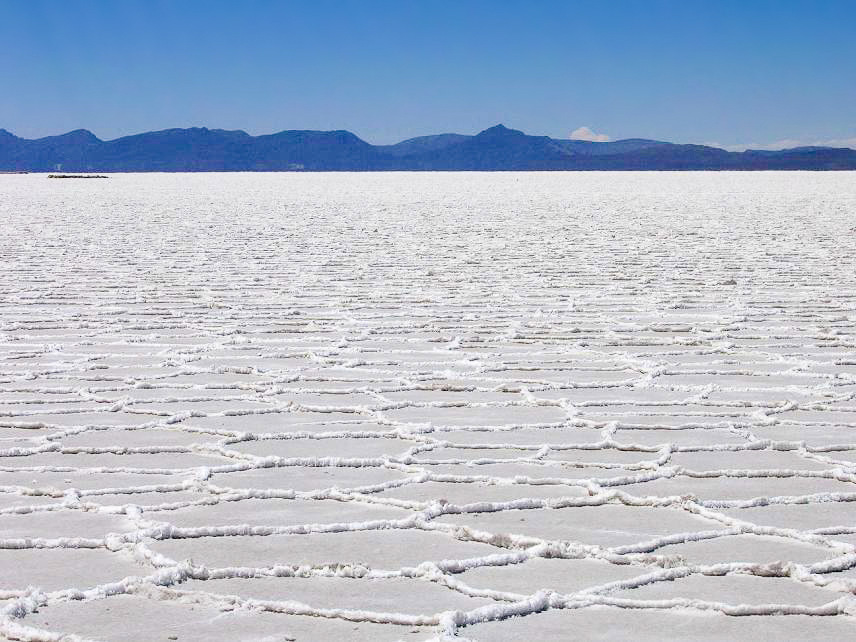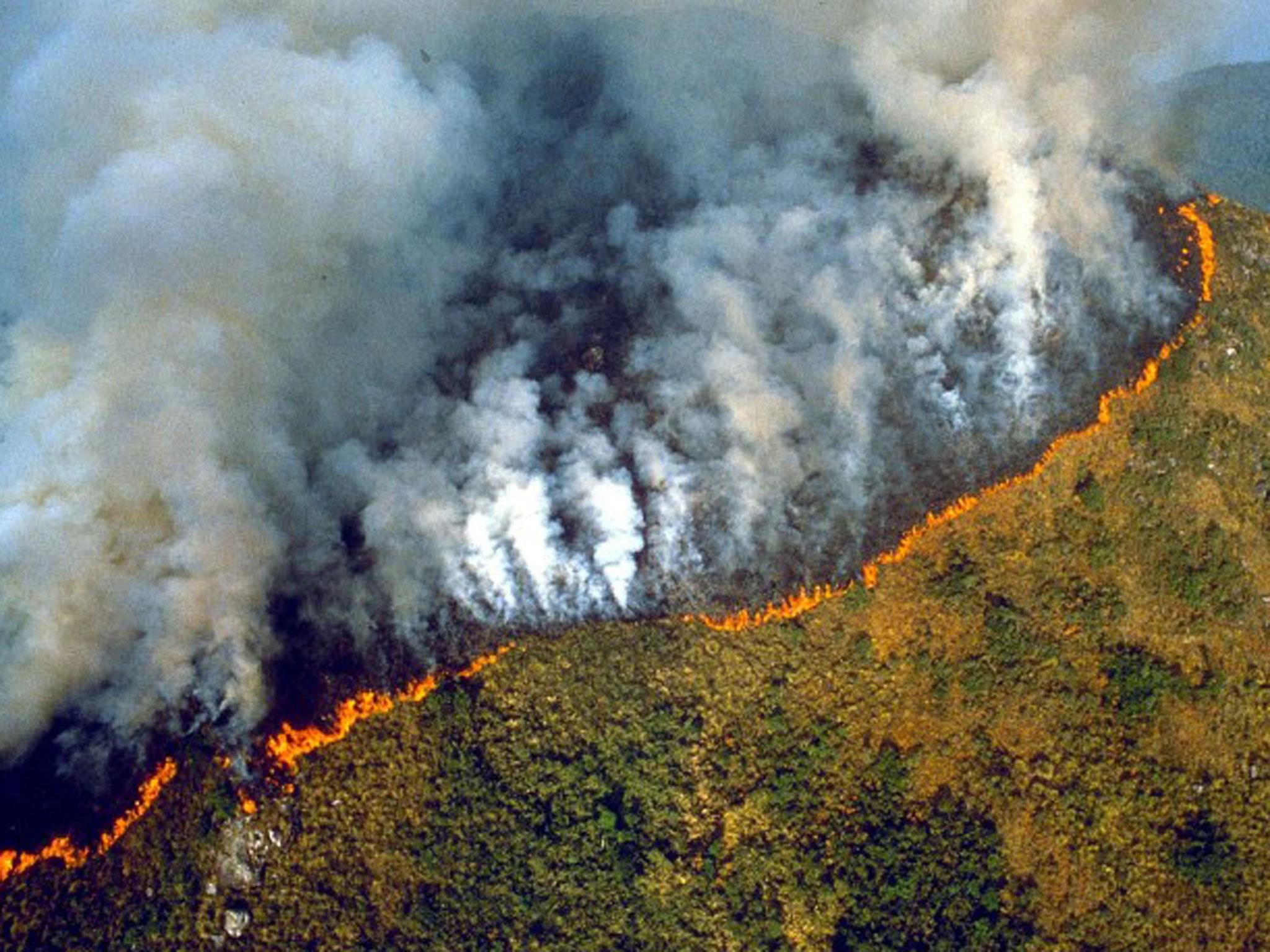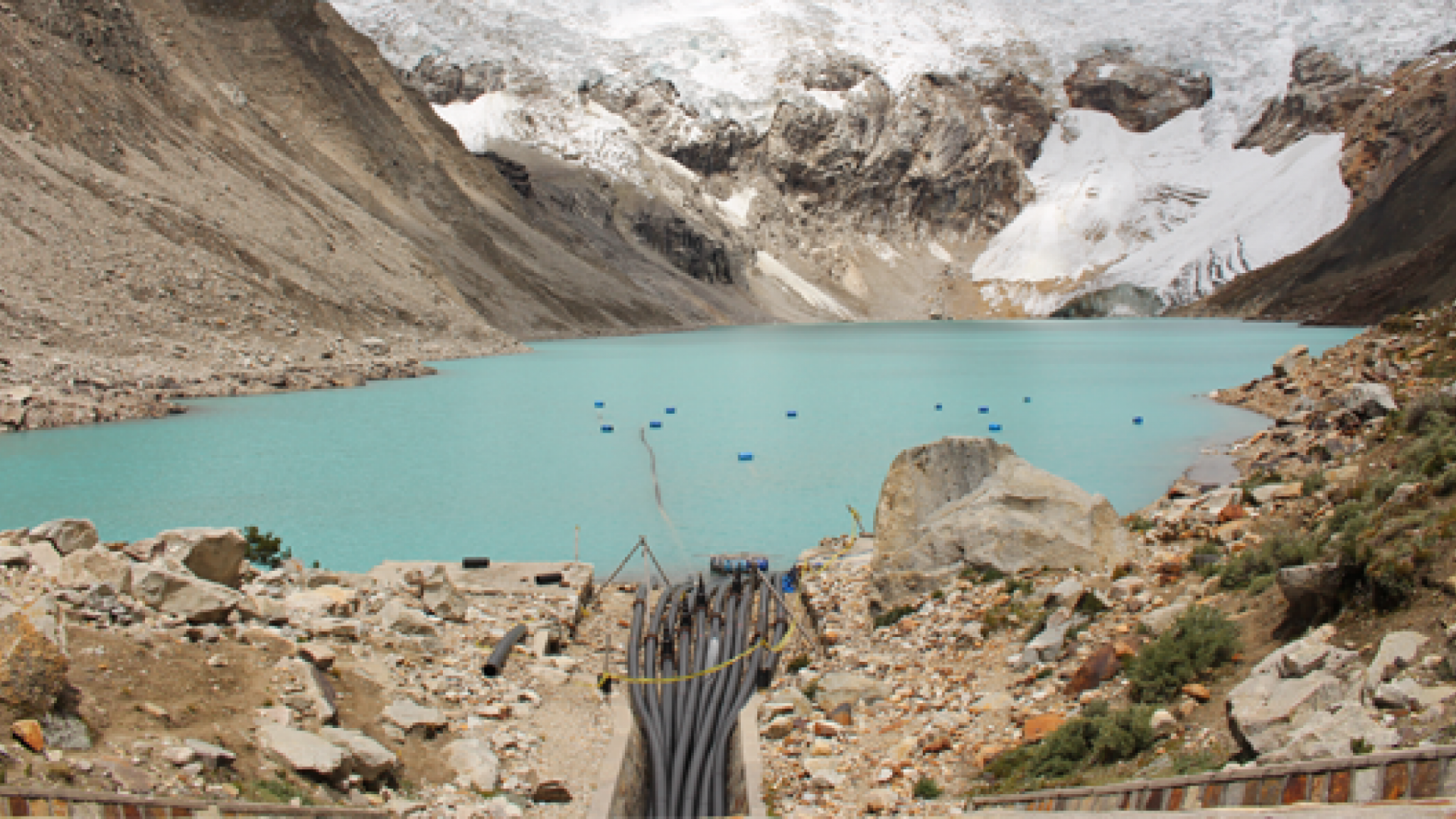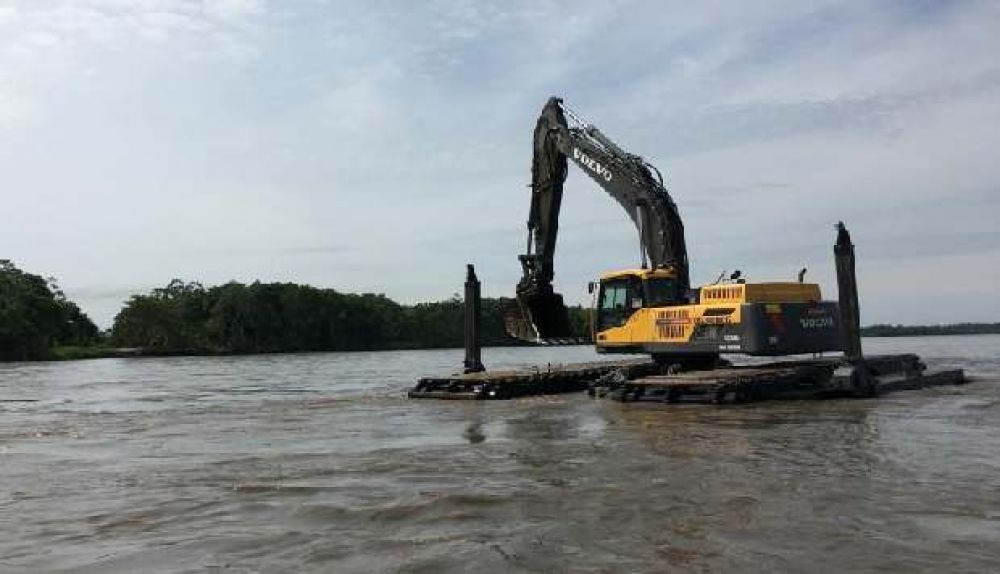
Africa mining confab urged to address human rights
Amnesty International urged participants in an international mining conference in South Africa to address human rights violations. The African Mining Indaba conference is set to run this week, but civil organizations are holding their own counter-conference to bring attention to claims of rights violations in the industry. Amnesty said in a statement: “From child labour in the Democratic Republic of Congo to squalid living conditions for workers at South Africa’s Marikana mine, the mining industry is tainted with human rights abuses. Mining firms have often caused or contributed to human rights abuses in pursuit of profit while governments have been too weak in regulating them effectively.” (Photo via Africa Up Close)










